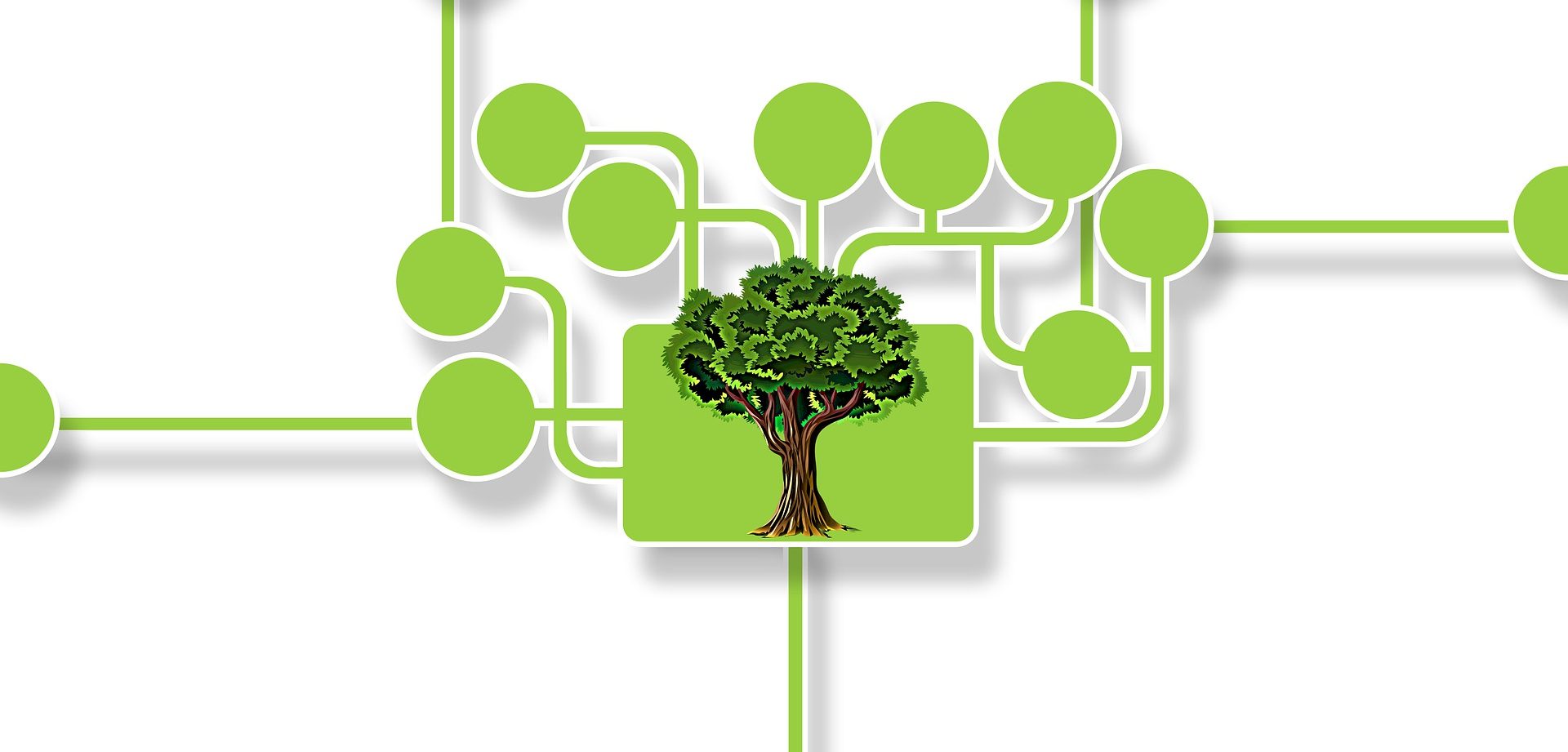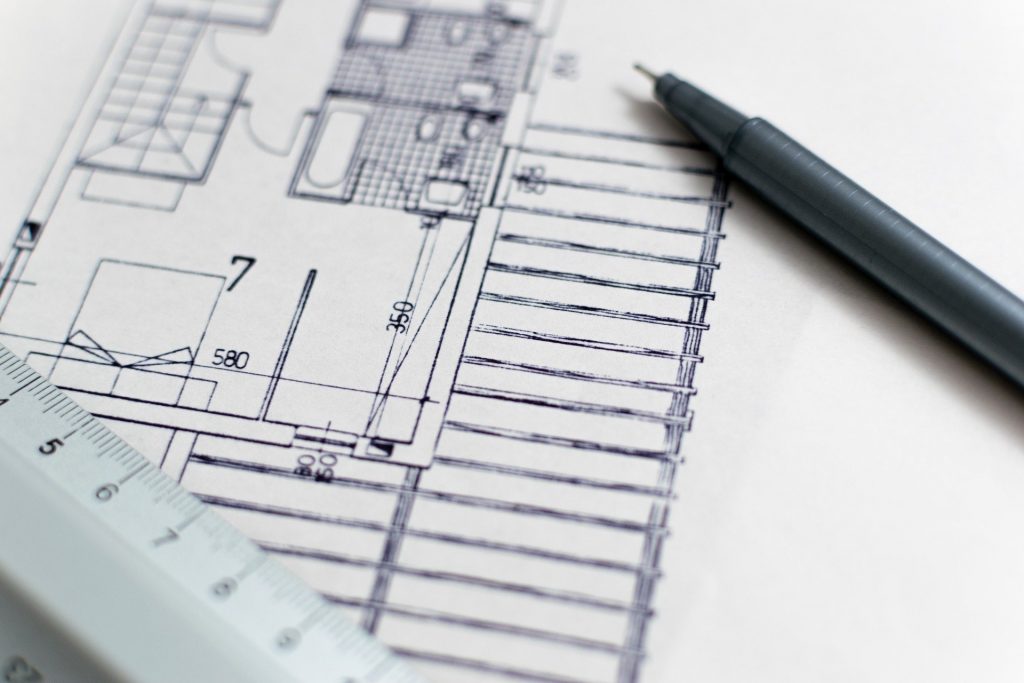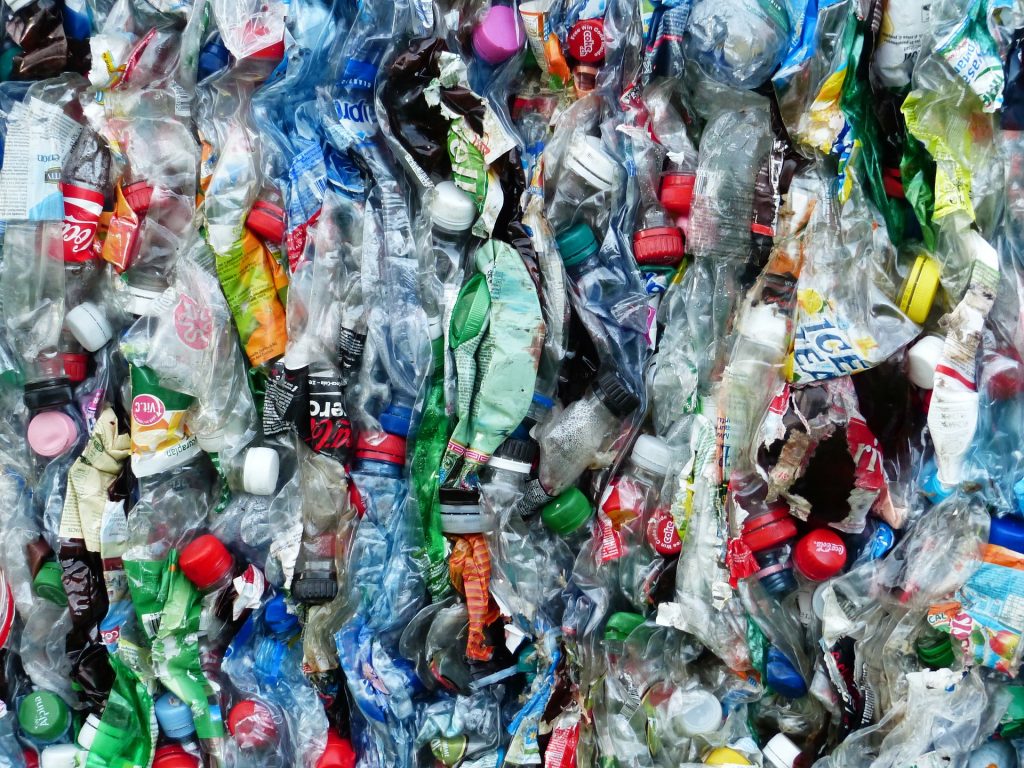When assessing economic sustainability, it’s hard to deny that Egypt has a long way to go. In the latest UN Sustainable Development Index, which the United Nations has published every year since 2015 to assess progress toward its Sustainable Development Goals (SDG), Egypt ranked 83rd out of 166 nations. However, that is a marked improvement over 2019, when the ranking was 92nd out of 162 states.
Regionally, Egypt lags somewhat, given the size, diversity and sophistication of its economy. It ranks seventh among the 20 Arab states and fourth among 47 African countries. However, Egypt is No. 1 among its regional peers when it comes to implementing SDGs.
The state of the environment impacts how businesses operate and plan for the long term. “It impacts all of our lives,” said Tarek Tawfik, AmCham Egypt president, at a September event featuring Environment Minister Yasmine Fouad. “Businesses are impacted by sustainable development and the environment, even when it comes to day-to-day operations and profitability.”
Fouad highlighted government efforts to promote sustainable development as part of the “Go Green” presidential initiative. She spoke about projects, funding agreements, initiatives and laws designed to attract “green” investors. “The ministry’s priority right now is to work with the rest of the government to create an enabling environment for green growth and investment,” she said. “We plan to flatten the environmental [deterioration] curve via sustainable development.”
Environmental framework
Currently, the government has few laws regulating environmental investments. The law overseeing ecotourism was passed in 1994 and amended in 2015 and 2016 to offer incentives to private sector companies.
Meanwhile, the National Council for Climate Change, headed by the prime minister since 2015 instead of the Ministry of Environment, sets plans according to the U.N. SDGs, including the National Climate Change Strategy. Fouad said that the government is updating the existing strategy to reduce emissions through 2050.
The Ministry of Environment also has been working to ensure that banks have units that assess the profitability and risk of companies seeking to finance green projects. “We have units in 15 banks that focus solely on pollution-reducing projects,” said Fouad. “The challenge is to change the mindset of banks when they assess and evaluate such projects.”
Thus far, the government has issued green bonds worth $750 million to finance its eco-friendly projects. Meanwhile, CIB in July raised $100 million in green bonds to lend the private sector. “That shows the business community has an appetite for green investments,” says Tawfik.
New thinking
In line with the Egypt Vision 2030 benchmarks, the government is working to achieve sustainable development. “We have outlined our’ build back better’ strategy in the vision,” said Fouad. “The aim is to transform into a green economy, which will maximize the benefit from both human and natural resources.”
The initiative aims to “balance economic, social and environmental aspects,” said the minister. That includes managing and growing partnerships with the private sector and creating a framework for working with international development agencies. “Our target is to create a green, circular economy that is flexible yet resilient to crises, such as heatwaves or floods.”
Accordingly, companies need to relinquish the notion of “business as usual” to allow for sustainable development, said Fouad, “which at its peak will always be within the planet’s resources and capabilities.”
Fouad stressed that the state cannot do it alone and emphasized that “partnership with the private sector is indispensable.”
New economy
Since 2015, the government has worked to make Egypt’s economy more environmentally friendly. A “pivotal” step was creating the Environmental Sustainable Criteria (ESC) guide in 2020 to protect natural resources, such as water. “We did that during the worst of the pandemic,” said Fouad, “at a time when there was no news on vaccines, and no one knew how economies would recover.”
The ESC requires all public projects to meet sustainability standards. It also lays out a roadmap for retiring technologies that deplete natural resources. “Egypt is the first Arab country to work on greening the state’s national budget,” said Fouad.
Accordingly, 15% of government investments during fiscal year (FY) 2020-21 were green; that will double to 30% this fiscal year and rise to 50% in FY 2022-23. “Ministry projects must comply with national ESC standards, or they won’t get funding,” Fouad explained.
A prime example is the Environment Ministry’s work with Haya Karima, a social protection initiative of the Ministry of Social Solidarity. “We worked as consultants to identify environmental gaps within villages,” said Fouad. “We created task forces of resident youths to manage the initiatives we recommend. We have already started in Gharbia Governorate.”
The minister stressed that each ministry and agency would move toward those benchmarks at its own pace.
A significant benefit of promoting a sustainable economy across all sectors is job creation. They won’t be traditional jobs, as they rely on technology. However, young people will want such jobs as their awareness of the green economy increases, said Fouad.
Access to financing is a significant driver of green investments. “We plan to ensure that banks do not finance projects that increase the severity of climate change,” stressed the minister.
Priority investments
During the sitdown with AmCham members, Fouad highlighted the ministry’s priority projects, such as waste-to-energy projects that include recently introduced feed-in tariffs for those using waste to generate electricity for the national grid.
Another project is processing garbage into biogas and organic fertilizer. “We connected 1,800 households in 18 governorates with biogas,” said Fouad. She added that the ministry also rolled out biofertilizers to farmers nationwide.
The other significant investment opportunity is using a zero-emissions technology called “anaerobic gamification” to convert waste to energy. There is one such project in Fayoum. “We just started it, and we have investment commitments worth more than $400 million from six companies to operate six facilities in six governorates,” said Fouad. “The incentive we are giving those investors is the feed-in tariff.”
There also are opportunities in waste management and recycling, which include composite fertilizers and alternative fuels. The government passed Law 202 last year to attract such investors.
In addition to the feed-in tariff for waste-to-energy projects supporting the national grid, investors also could access bank loans at interest rates between 6% and 8%, land usufruct deals for 20 to 25 years, concessions on agriculture waste, and a special incentive package for managing construction and demolition waste.
Fouad said the biggest challenge is that most of those collecting and managing waste operate in the informal sector. “We need to have incentive packages for them to register and enjoy options they don’t have right now, such as being entitled to have a job on their ID cards,” said Fouad. “That is very important for them.” The government has decreed that any private sector companies bidding for specific projects must include informal operators. “That is not enough,” she said. “They must benefit from the government’s social protection programs scheme.”
Safe disposal of industrial waste is another challenge. “We are lagging,” said Fouad. “However, there will be a new law for this, in particular.”
The third significant sustainable development opportunity is in ecotourism. Fouad singled out investments in protected areas, such as the Petrified Forest, Wadi Hitan and Ras Mohamed. “There was an old argument that we should leave protectorates as they are without any investments,” said the minister. “That is no longer valid. We can attract the private sector to offer services in those areas with close supervision to prevent the depletion or deterioration of their natural resources.”
The first protectorate to benefit from that new approach is the Petrified Forest in New Cairo. “We agreed with a private developer to bring the culture of South Sinai to this region” by organizing a festival, she says. As a result, those working in the protectorate increased their incomes by 260%. Those services also created jobs that require new skills, as those working there must also protect their surroundings. “It is a new concept … that integrates social, economic, and environmental aspects to create new jobs,” explained Fouad. Currently, the ministry plans to attract private companies to 13 protectorates.
There are similar investments in Ras Mohamed, Wadi Hitan and Wadi El Gemal protectorates. The first two are on the World Green List, published by the International Union for Conservation of Nature, comprising 78 locations worldwide. “In a nutshell, it means the location is well protected, has unique natural resources, and society is integrated into the project,” said Fouad. In addition, UNESCO recently praised Wadi Hitan for the services it offers visitors.
Other sustainability projects include promoting SMEs to find innovative alternatives to single-use plastics; renewable energy, which will account for 42% of Egypt’s electricity by 2035; and sustainable public and private automobiles, including electric buses and natural-gas-powered passenger cars.
Given the innovative nature of such projects, the government offers a new set of investment models. The first is the “Design, Build and Operate” framework used by Fayoum’s waste management project. “Its conditions include sustainability, roles and responsibility, transparency, framework and legal aspects,” said Fouad.
Other investment models are protocols and collaborations, partnership projects and investment in the waste sector.
Long journey
Fouad stressed that the journey toward sustainable development is not a short-term endeavor. “It is a long-term process that is very dynamic and iterative to build green capacity. It is important to understand that sustainability is not [solely] an environmental challenge; it’s a developmental one that crosses all sectors.”
Accordingly, the government needs to raise public awareness to ensure the market accepts the changes that sustainable development will invariably bring. “With the new market for supply and demand, we need to change the narrative … that environmental [protection] is not a luxury,” said Fouad. “It is an integral part within our economies … We need to create [new] demand to provide supply.”
The Environment Ministry is working with the Ministry of Higher Education to develop a postgraduate degree in sustainable management of natural resources. “It will capture the essence of environmental protection,” said Fouad. “That degree would allow its holders to protect resources before they are depleted or deteriorate. We can’t wait until we destroy our resources to start work on reviving them or protecting what is left.”
The next stage of environmental sustainability is that the resulting innovative solutions need to be adapted to generate income, employment and contribute to GDP without losing their core benefit. Said Fouad: “The question is how to collaborate to replicate and upscale projects.”
In the meantime, the minister foresees another “pivotal” moment in Egypt’s green economy journey if the country hosts the 27th U.N. Climate Change Conference in November 2022. “This would be a significant event because we represent Africa. It also would show the world that Egypt is part of the global movement toward building a clean environment.”







